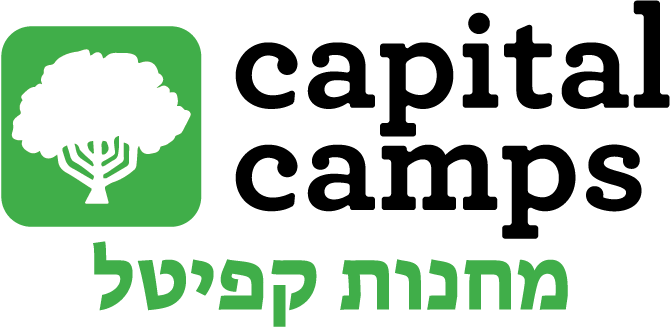Parshat Bo, this week’s Torah portion, is filled with large-scale drama: plagues #8, #9, and #10, Pharoah’s command to the Israelites to leave Egypt, and the beginning of the Exodus. Earlier in the parsha, though, there’s a more under-the-radar scene where Moses and Aaron nearly secure the Israelites’ exit ticket three plagues early. After the plague of hail has ended, Moses and Aaron go to Pharoah and demand once again that he let the Israelites leave Egypt to worship God. Pharoah, feeling exhausted and defeated, gives in – but he wants to know who exactly would be going. Moses explains that the whole nation must go, including the children; Pharoah draws a line there, only allowing the adult men to go. That the children would come is a non-negotiable condition for the Israelites, and when Pharoah refuses, God immediately sends the eighth plague, locusts.
Pharoah fails to understand something that the Israelite people know to be true: our people’s identity is incomplete without children. So of course, our prayer, our collective conversation with God, is incomplete without children.
For six shabbatot at camp each summer, we get to see this idea put into action. Our campers aren’t just present for our Shabbat services, they’re at the forefront of them; campers lead prayers that resonate with them, share their answers to meaningful questions, and act out skits to teach lessons from that week’s parsha. They read from the Torah, they’re called up for aliyot, and they bring their instruments to lead the whole camp in favorite songs. We could get through the services having all these pieces done by staff, but it would leave out the voices that make our experience so beautiful, special, and whole – our Jewish identity would be incomplete.
This Shabbat, I hope we all take the opportunities to learn from our communities’ children, celebrate them, and welcome them into the things we do to make the time holy.
Ezra Suldan, Family and Community Engagement Manager
